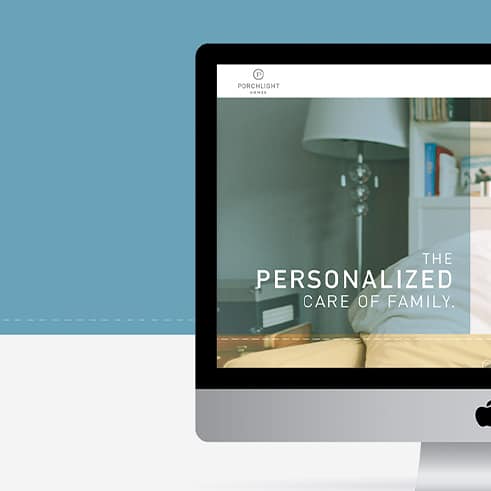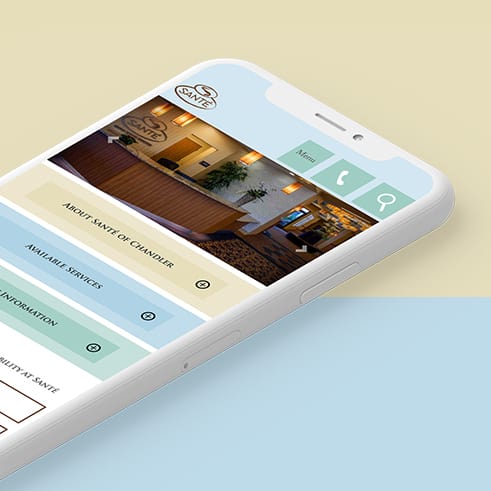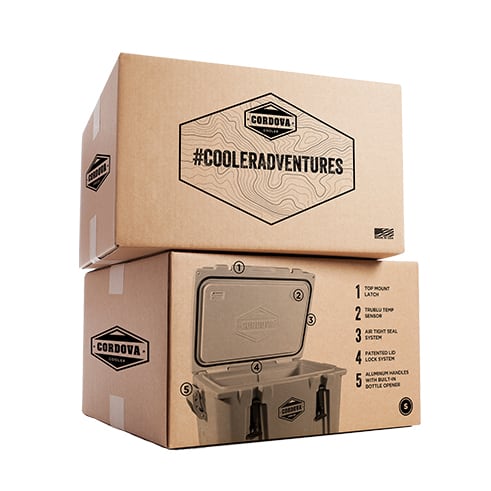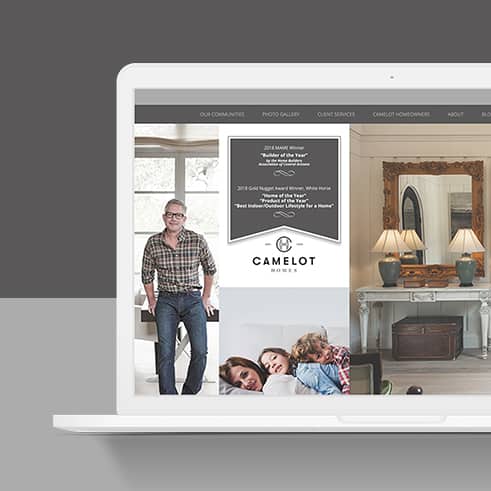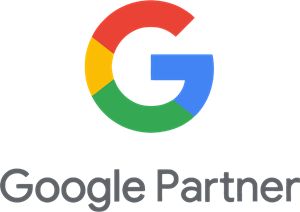Hospitality Marketing Trends You Can’t Ignore
June 26, 2019
As we dive deeper into the digital age, it’s important to stay on top of the emerging trends. Why is that, you ask? Because if you don’t, the competition will. And while some marketing trends can be ignored, others simply can not.
So, what hospitality marketing trends should you be directing your attention to? We sat down with our Director of Social Media and Content Strategy, Justin Lee, and this is what he had to say.
How important is it to have a mobile-friendly website?
Justin: Essential. The division between mobile and desktop is nonexistent today—and even thinking in two separate frames of mind only hinders what’s possible from performance, user, and ultimately guest experience perspectives. Every channel, every digital touchpoint, should be designed and functionally-executed from a mobile point-of-view.
Should you be creating personalized ads in the hospitality industry? If so, what are ways you can do that?
Justin: Ads uniquely targeted to specific audiences are optimized to perform substantially better by delivering your offers, experiences, and brand messaging to those most likely to be receptive, and ultimately, the most likely to convert. Part of developing your marketing strategy should involve who you want to speak to—think local audiences for staycations or traffic to F&B and spa outlets; targeting potential drive or feeder markets; or, past guests, segmented hundreds of possible ways: by high-paying, guests with past spa or F&B spend, past extended stay guests, etc. The list really goes on.
Do you think search will become more visual in the future?
Justin: In some ways, it’s already in progress. When searching for hotels on Google, we are able to review so much more than a website—think targeted ads, countless image galleries (static, 360, 3D, oh my), not to mention videos, check-your-rate calendars, social media profiles, and more. People now have an overload of visual elements to filter when searching for a hotel today and this direction will only continue to intensify as technology evolves.
What are the benefits of using A.I. in this industry?
Justin: Ensuring you’re ahead of the curve. A.I. is the next big unknown in marketing, particularly for hotels. Not “unknown” in terms of whether or not it will be beneficial, because in reality there’s no question it will be, and everyone will eventually have to adapt, but unknown in how A.I. will ultimately manifest itself within the industry into measurable, trackable tools or channels and how will be able to leverage it most effectively. From automated customer service experiences to voice search, to how algorithms continually perfect the news and content our guests see in their social feeds and travel search queries, A.I. exists at nearly every touch point, and staying ahead of every twist and turn is essential.
Should hotels focus on optimizing content for voice search?
Justin: Yes, with a rise of Google’s Alexa, Apple’s HomePod, and so many other smart home devices, it’s critical to consider voice when developing content and ensuring everything is optimized, whenever possible. Still in its infancy, however, know that voice search is rapidly maturing and becoming increasingly sophisticated in terms of understanding language complexity and nuances, so prioritize your allocation of time, focus and resources when optimizing content for voice to most effectively align with where the technology is in real-time.
Which social media platforms should hotel marketers be focusing on?
Justin: First, this entirely depends on your larger marketing strategy, and the audiences and demographics that make the most sense specifically to your hotel and its brand—both existing and aspirational. In particular, take into consideration age and type of content. Facebook remains the most universal platform, an essential baseline for any hotel marketing on social media, but its user base also skews older, while Instagram and Snapchat tend to present a younger audience. Then, not all content is ideal for all channels. Internal HR news, job postings, larger company updates, or marketing specifically aimed at group and meeting planners might be more appropriate on LinkedIn, where Pinterest might be an effective spot to catch the eye of potential brides or wedding planners.
Platforms that are hyper-visual like Instagram is prime for experiential and aspirational content like food and beverage, spa experiences, on-property activities, and trophy photography. Keep the sales-focused, offer-driven content for Facebook and digital marketing channels like Google. Twitter? Ideal for big company news, PR hits, and networking with meeting planners. Second, the platforms you should focus on should also depend on your in-house bandwidth, and externally, if you happen to retain agency services. Genuine social media success isn’t by accident—quality in strategy, development, and execution plays a critical role. Don’t spread your efforts too thin, attempting to cover every channel, all the time. Again, prioritize your allocation of time and money on the channels that make the most sense to your audience and your business goals.












